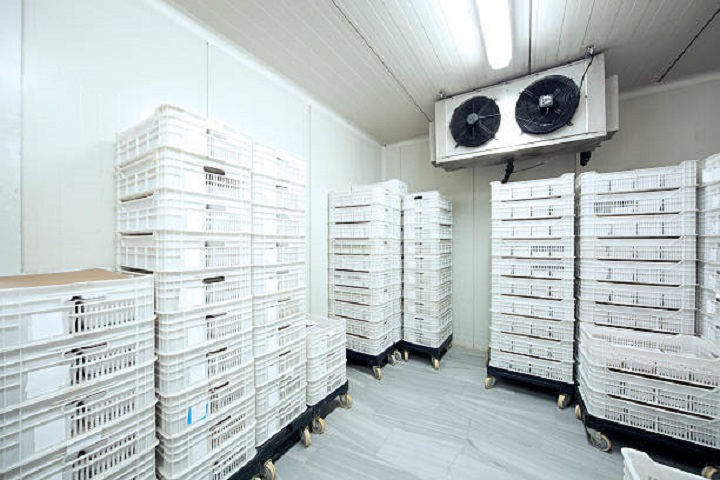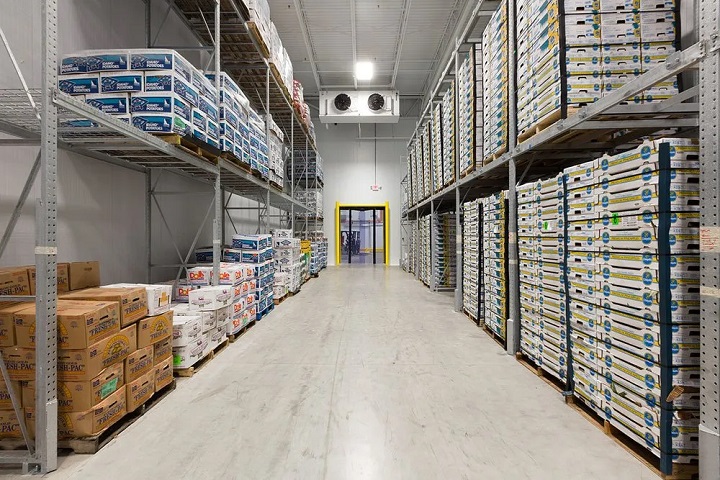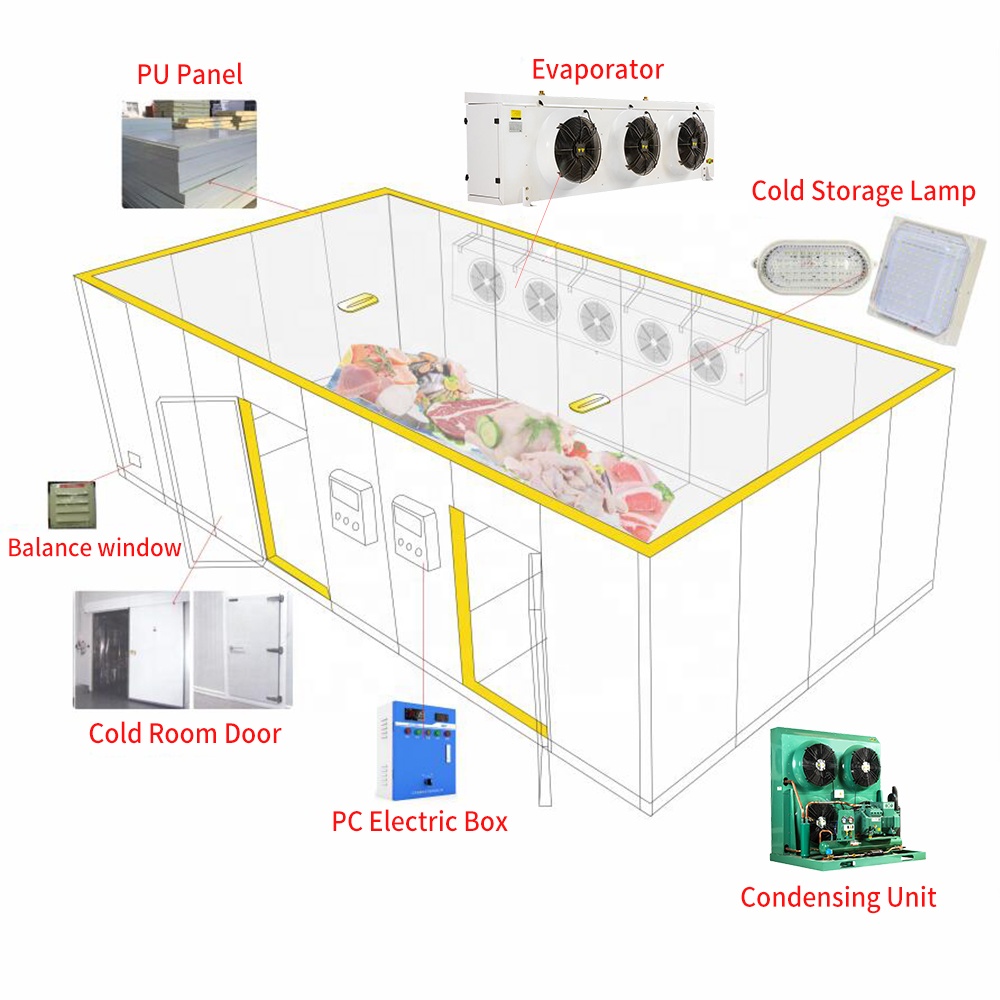


Cold Storage
Cold storage refers to the process of storing perishable products or goods at a low temperature to maintain their quality and prolong their shelf life. Cold storage is used for a variety of products, including food, pharmaceuticals, and chemicals.
Cold storage facilities are specially designed to maintain a consistent low temperature. These facilities are typically large and include refrigeration units, insulation, and air circulation systems. The temperature inside the storage area is typically maintained at a specific level, depending on the type of product being stored.
Cold storage facilities can operate using different cooling systems, including traditional mechanical refrigeration systems and newer technologies like cryogenic systems. Mechanical refrigeration systems use compressors to cool the air inside the storage area, while cryogenic systems use liquid nitrogen or carbon dioxide to cool the air.
Proper storage conditions are essential to ensure the safety and quality of perishable products. For example, certain foods require specific temperatures and humidity levels to prevent spoilage or contamination. Maintaining the proper storage conditions is essential for ensuring the safety and quality of these products.
Cold storage facilities are an important part of the supply chain for perishable goods. They allow producers to store products for longer periods of time, which can reduce waste and increase profits. Additionally, cold storage facilities can help to ensure a consistent supply of perishable products throughout the year, even during periods of low production.

